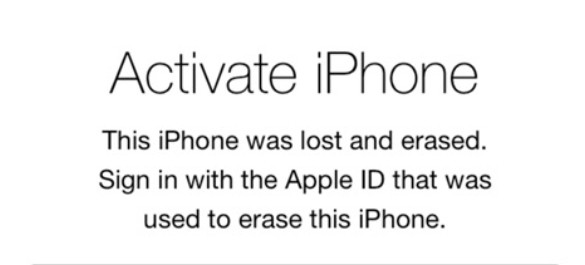![In 2013, major cities across the world experienced a spike in smartphone thefts. These have begun to diminish this year, thanks in part to Apple’s new Activation Lock feature. [Apple]](http://www.jstudentboard.com/reporter/wp-content/uploads/2014/07/JSR_July26_ActivationLock-300x269.jpg)
With the introduction of Activation Lock in iOS 7, users gained the ability to deactivate their phones in the event of a theft. This renders the phones useless, making them difficult to resell for anything other than parts. With this new addition to security, Apple is aiming to implement a kind of a “herd immunity.” Thieves may be discouraged from targeting smartphones in general because of the possibility of a locked phone, protecting even those without this feature.
However, it has been noted by Forbes that hackers with access to users’ Apple IDs could wreak havoc on those users’ phones, remotely locking them without the occurrence of a physical theft. In the long run, this may prove to be more detrimental, as Apple IDs are connected to credit card numbers, addresses, and other sensitive private information.
Though this is a possibility, people interviewed by JSR stated support for the Activation Lock feature, also called a “Kill Switch.”
Ricardo Tolentino, a freshman at Whitney High and iPhone user said, “I think that a passcode is not enough. Getting a kill switch only gives less of a reason for a pickpocket to go into your pocket or purse to mess with your phone.”
According to Rahul Gokhale, “The safety of the physical device is much more of a priority than the possibility of a electronic hack. Money [accessed with] your Apple ID is virtual, and if you are able to successfully prove that your money was taken against your will, has the possibility of a being recovered. Your physical phone is almost impossible to recover after a theft.”

